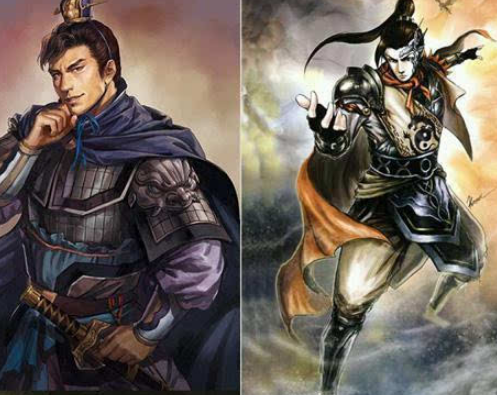During the Northern Song Dynasty, there was an important shift in China's political center, moving from Chang'an to Kaifeng. This decision involved considerations of history, geography, economy, and military among other factors. This article will explore why the Northern Song Dynasty chose Kaifeng as its capital, instead of continuing to use the previous capital of Chang'an.

I. Advantages of Geographical Location
Kaifeng is located in the central part of the North China Plain, backed by the Yellow River and surrounded by water on all sides, boasting superior natural conditions. Compared to Chang'an, Kaifeng is closer to the Central Plains region, which facilitates stronger control over the Central Plains and surrounding areas. At the same time, Kaifeng's land and water transportation is extremely convenient, conducive to business exchanges and economic prosperity.
II. Importance of Economic Considerations
During the Northern Song Dynasty, with the eastward shift of the economic center, Kaifeng gradually became the economic center of the north. Chang'an had experienced economic decline due to frequent wars in the later Tang Dynasty, while Kaifeng became an important city for commercial trade due to its geographical location and economic foundation. Establishing the capital in Kaifeng helped to further promote economic development and the prosperity of commercial activities.
III. Military Strategic Considerations
In the early period of the Northern Song Dynasty, the threat from the Liao Dynasty existed. Establishing the capital in Kaifeng was advantageous for resisting external threats from the north. Kaifeng is close to the border, facilitating the mobilization of troops and supplies, and strengthening defense against the border. Additionally, the urban layout of Kaifeng is more suitable for military defense, with strong city walls and wide moats, which are advantageous for resisting enemy attacks.
IV. Role of Political Factors
Kaifeng had already been the capital of multiple political powers during the Five Dynasties and Ten Kingdoms period, possessing a certain political foundation and construction experience. When the Northern Song Dynasty was established, choosing Kaifeng as the capital allowed them to leverage existing political resources, reducing the cost of manpower and material resources for building a new capital.
V. Influence of Cultural Inheritance
Kaifeng has been the eastern capital since the Tang Dynasty, boasting rich cultural heritage and historical relics. Establishing the capital in Kaifeng not only allowed for the inheritance and promotion of these cultural inheritances but also attracted literary men, promoting further cultural development.
VI. Conclusion
The decision of the Northern Song Dynasty to establish its capital in Kaifeng instead of Chang'an was based on the historical background and practical needs of the time. Kaifeng's advantages in geographical location, economic conditions, military strategy, political factors, and cultural inheritance made it an ideal choice for the capital of the Northern Song Dynasty. This decision reflected the consideration of the Northern Song government for the overall national interests and also influenced the historical development of China in later generations.
Disclaimer: The above content is sourced from the internet and the copyright belongs to the original author. If there is any infringement of your original copyright, please inform us and we will delete the relevant content as soon as possible.































